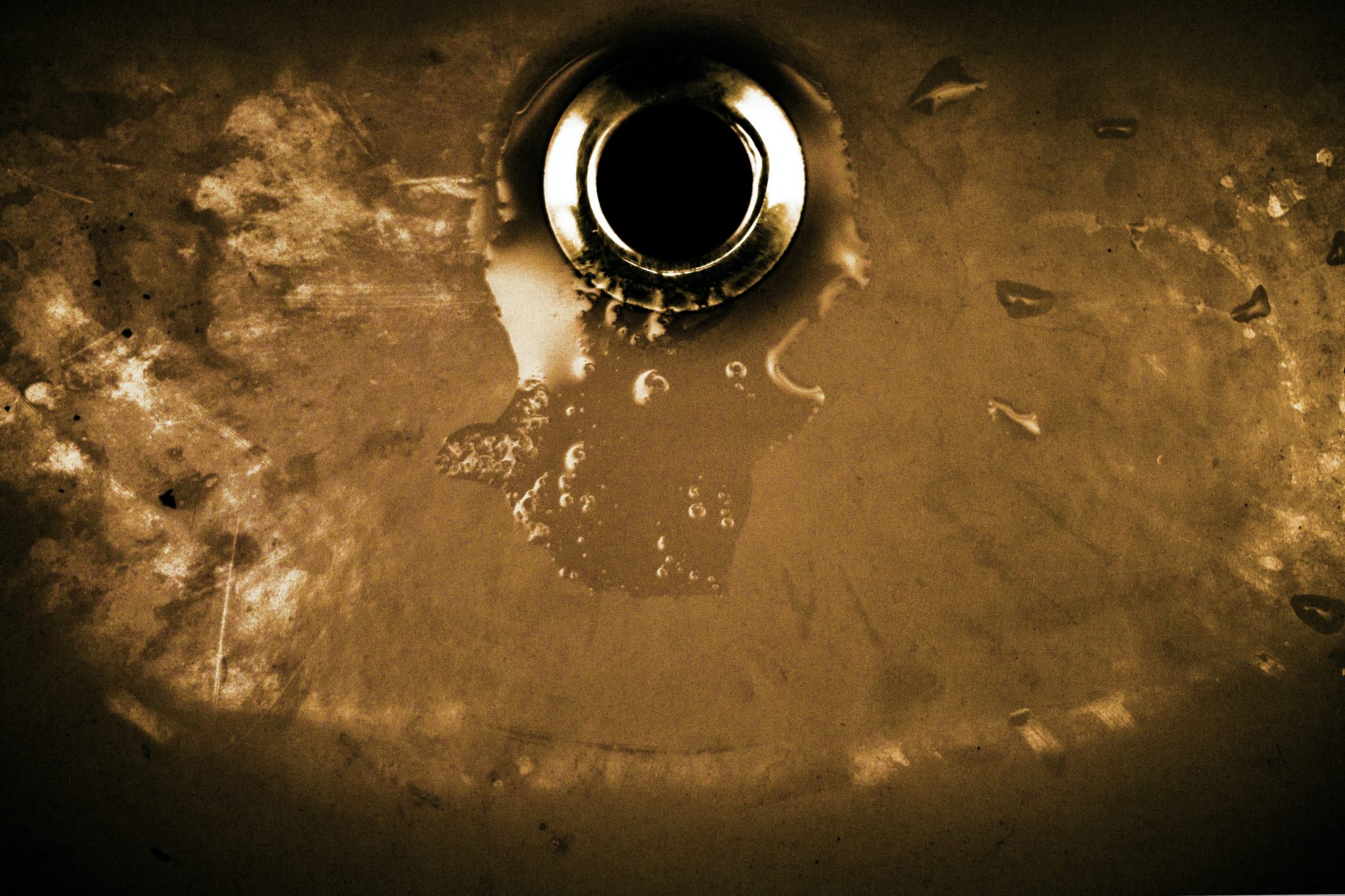
How to Eliminate Persistent Septic Tank Odors Outside
The unmistakable stench of sewage can be a major source of discomfort and embarrassment, especially when it originates from your septic system. While a properly functioning septic system shouldn't produce strong odors, persistent septic tank smells outside your home can be a sign of underlying issues. This article will provide a comprehensive guide on how to identify and eliminate these unpleasant odors, ensuring a more pleasant outdoor environment.
Understanding the Source of Septic Tank Odors
Septic tank odors arise when gases produced during the decomposition process escape from the tank and travel to the surface. These gases can be released through various pathways, including:
- Vent Pipes: Septic tanks are equipped with vent pipes that extend above ground, allowing gases to escape into the atmosphere. A clogged or damaged vent pipe can trap these gases, leading to odors.
- Loose or Damaged Tank Lid: If the lid of the septic tank is not properly sealed, gases can easily escape, causing odors outside.
- Leaky Pipes: Cracks or leaks in the drain field lines or sewer lines can allow sewage to seep into the surrounding soil, releasing odors.
- Overloading the System: Exceeding the capacity of your septic system can lead to backups and overflow, resulting in strong odors.
- Improper Maintenance: Neglecting routine maintenance, such as pumping the tank regularly, can create an environment conducive to odor production.
Strategies for Eliminating Septic Tank Odors
1. Inspect the Vent Pipes
Begin by examining the vent pipe. Look for any blockages, such as leaves, debris, or bird nests. Use a long brush or a specialized vent pipe cleaning tool to clear any obstructions. If the vent pipe is cracked or damaged, it will need to be replaced. Ensure the vent pipe is properly vented and that there are no blockages at the top of the pipe.
2. Check the Tank Lid
Inspect the septic tank lid for any signs of damage, cracks, or loose seals. If necessary, tighten or replace the lid to ensure a secure fit. Apply a layer of sealant around the lid to prevent gas leaks. Consider using a specialized lid designed to reduce odor emissions.
3. Investigate Leaky Pipes
Look for signs of wet spots or soggy ground around the drain field or sewer lines. If you notice any leaks, contact a qualified plumber to diagnose the problem and repair the pipes. A leak can lead to a release of odor-causing gases and can also contaminate the surrounding soil.
4. Address Overloading
Avoid overloading your septic system by reducing water consumption and minimizing waste generation. Use water-efficient appliances and showerheads, and opt for biodegradable cleaning products. Regularly check for leaks and address them promptly.
5. Implement Routine Maintenance
Schedule regular septic tank pumping. The frequency depends on the size of the tank, the number of occupants, and the amount of waste generated. A qualified septic professional can assess your specific needs and recommend a pumping schedule. Regular pumping removes accumulated sludge and scum, reducing the likelihood of odors.
Additional Tips for Odor Control
- Use a Septic Tank Treatment: Consider using a septic tank treatment product designed to break down waste and reduce odors. Choose a product specifically formulated for septic systems and follow the manufacturer's instructions carefully.
- Plant Odor-Absorbing Plants: Certain plants, like lavender, rosemary, and mint, have natural odor-absorbing properties. Planting these plants near the septic tank area can help mask unpleasant smells.
- Provide Adequate Ventilation: Ensure adequate ventilation in areas where odors are noticeable. This can include opening windows and using fans to circulate fresh air.
- Maintain Good Yard Drainage: Ensure that rainwater and runoff are effectively diverted away from the septic system area. This will help prevent water from infiltrating the system and creating favorable conditions for odor production.
- Use a Septic Tank Deodorizer: Commercial septic tank deodorizers can help neutralize odors by masking them with a pleasant fragrance. Follow the manufacturer's instructions carefully to ensure safe and effective use.
Preventing Future Odors
To prevent future odors, implement the following preventative measures:
- Regularly Inspect and Maintain: Conduct routine inspections of your septic system, including the vent pipe, tank lid, and drain field lines, to identify potential issues early on. This will help prevent odors from developing.
- Avoid Flushing Problematic Items: Avoid flushing items that can damage your septic system, such as coffee grounds, grease, and hair. These materials can contribute to blockages and odor issues.
- Use Biodegradable Toilet Paper: Opt for biodegradable toilet paper to prevent clogging and ensure proper waste breakdown in the septic tank.
- Educate Household Members: Inform all household members about the importance of proper septic system usage and the potential consequences of flushing inappropriate items.
Professional Assistance
If you are unable to resolve the issue independently or suspect a more serious problem with your septic system, contact a qualified septic tank professional. They can diagnose the cause of the odors, recommend appropriate solutions, and perform necessary repairs or maintenance.
By implementing these strategies and practicing preventative measures, you can effectively eliminate persistent septic tank odors outside your home and create a more pleasant outdoor environment for yourself and your family. Remember, regular maintenance and prompt attention to any issues are crucial for maintaining a healthy and odor-free septic system.






0 comments:
Post a Comment
Note: only a member of this blog may post a comment.